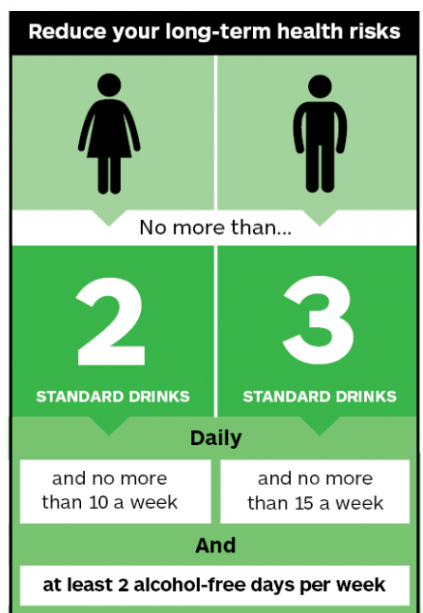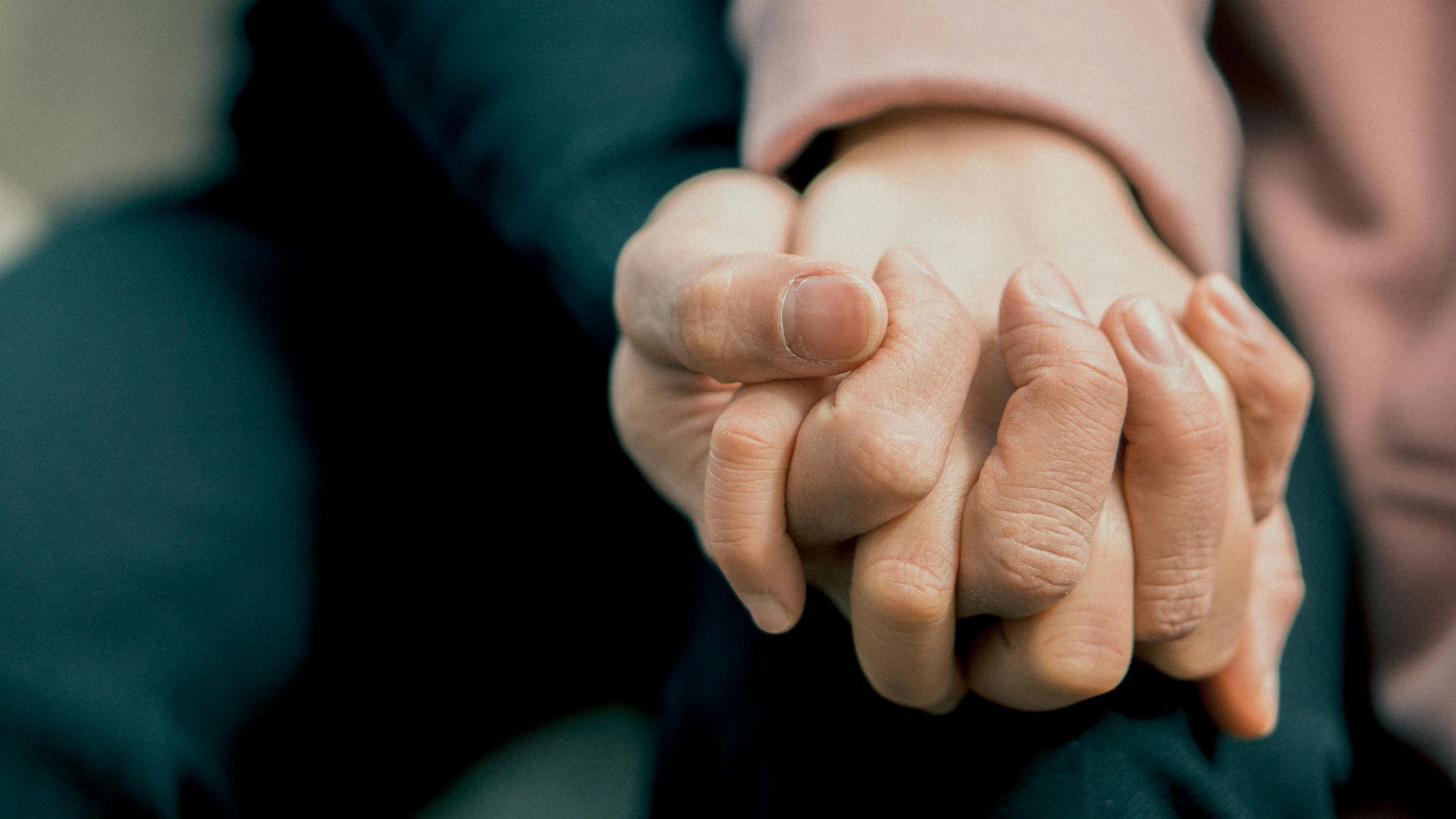LEARN: Alcohol and Menopause
Alcohol and Menopause: Why Do Perimenopausal and Menopausal People Increase Their Alcohol Intake?
For many women, alcohol can feel like a quick fix —a socially acceptable way to cope—especially when they are under-supported and under-informed about the underlying causes of their symptoms. Data shows that many women increase their alcohol consumption during perimenopause, often in response to mood swings, sleep disturbances, and stress. In some cases, women aren't even aware that menopause is contributing to their increased alcohol intake.
Menopause is a time of significant physical, emotional, and social change. Many women experience sleep disturbances, heightened anxiety, mood fluctuations, and changes in their roles or relationships. Fatigue and feelings of overwhelm are common, and it's completely understandable to want something to help take the edge off or create a sense of calm, especially at the end of the day.
When alcohol becomes part of your routine, especially if it feels good or offers relief, it can be even harder to change. Shifting these habits when you don't feel like yourself can feel daunting. Sometimes, alcohol serves a deeper purpose—such as facilitating social interactions or helping ease the mood to make intimacy feel more accessible. These habits often have emotional value, and untangling them requires more than just willpower.
What Does Alcohol Do?
Short term: Alcohol is a central nervous system depressant. In small amounts, it can feel relaxing or disinhibiting. However, even one drink affects coordination, judgment, memory, and mood.
Long term: Regular alcohol consumption can negatively impact brain health, including memory, mood, and cognition. It increases inflammation, raises blood pressure, affects liver function, disrupts sleep, and may contribute to weight gain. Psychologically, alcohol often becomes a coping mechanism for stress or emotional discomfort, but over time, it tends to worsen anxiety, low mood, and sleep disturbances.
How Does Drinking Impact Menopause Symptoms?
Alcohol can significantly exacerbate menopause symptoms. It can worsen hot flashes and night sweats, especially during sleep. While alcohol might initially seem to improve sleep, it disrupts deep sleep and leads to waking up feeling hot, anxious, or tired. This disruption can create a false sense of reassurance about alcohol's role in sleep.
The hormonal shifts that occur during menopause also make emotional regulation more difficult, and alcohol can amplify emotional reactivity or low mood. Cognitive load increases, contributing to brain fog, and alcohol impairs focus and memory, making it even harder to manage the mental load. Though alcohol may feel calming in the moment, it often leaves women feeling lower in mood the next day, which can lead to feelings of flatness or diminished motivation. Regular alcohol use also contributes to weight gain and bloating, which can be particularly distressing for women already feeling vulnerable about their body image during menopause.
Risks of Drinking Alcohol
- Breast Cancer: Even small amounts of alcohol increase the risk, with the risk rising based on the dose and duration of drinking. Interestingly, consuming two alcoholic drinks daily increases breast cancer risk more than hormone replacement therapy.
- Mood Disorders: Alcohol can exacerbate anxiety, depressive symptoms, and emotional reactivity, with effects lingering for days in some people.
- Sleep Disruption: While alcohol may help you fall asleep, it fragments the second half of the night, often worsening hot flashes and night sweats.
- Bone Health: Alcohol can interfere with calcium balance, contributing to bone loss.
- Weight Gain: Alcohol is calorie-dense, and regular consumption can lead to increased appetite and poor food choices. This often results in eating less nutritious food, and the following day, the body craves carbohydrates, perpetuating the cycle.
If you or someone you know is drinking too much and experiences symptoms like shakes or feeling unwell when stopping, it's important to decrease alcohol intake gradually. Stopping suddenly can lead to severe withdrawal symptoms, which can be dangerous. Seek professional advice and support if you're concerned about withdrawal.
You are not alone
A 2023 survey by Newson Clinic found that one in three women drink more since entering perimenopause or menopause, with one in eight regularly exceeding the recommended 14 units per week to manage their symptoms.
Legal Alcohol Limits for Driving
In New Zealand, the law sets age-based limits for how much alcohol you can have in your system while driving. But it’s important to remember that alcohol affects people differently — and hormonal changes during menopause can make you more sensitive to its effects. Even if you're within the legal limit, if you feel tired, impaired, or not quite yourself, don’t drive. It’s always better to be safe.
Drinking Within Limits: Current Health Guidelines
In New Zealand, alcohol guidelines recommend that women consume no more than 10 standard drinks per week and aim for at least two alcohol-free days. A standard drink contains 10 grams of pure alcohol (1 unit), which equates to about 100 ml of wine (13%), a 330 ml bottle of beer (4%), or 30 ml of spirits (40%). It’s also worth noting that many home pours, especially of wine, are often well above the standard 100 ml serving.
The Dr Louise Newson Podcast
Alcohol addiction and menopause: Rachel's story | The Dr Louise Newson Podcast
Are you drinking too much?
Am I using alcohol to manage stress, loneliness, or emotions?
Do I feel tired, flat, or anxious the day after drinking?
Is it becoming a habit I rely on more than I want to?
Do I feel guilty or secretive about my drinking?
Am I drinking more than I used to?
Get more help
If you're looking for support, start by seeing your GP or speaking with health improvement practitioners at your practice. They can provide guidance and assistance. For more specialized help, Ocean Hills in Napier, Hawke's Bay offers a residential rehab program. Their website also provides useful resources and podcasts. Feel free to call them for a chat if you'd like to learn more.







